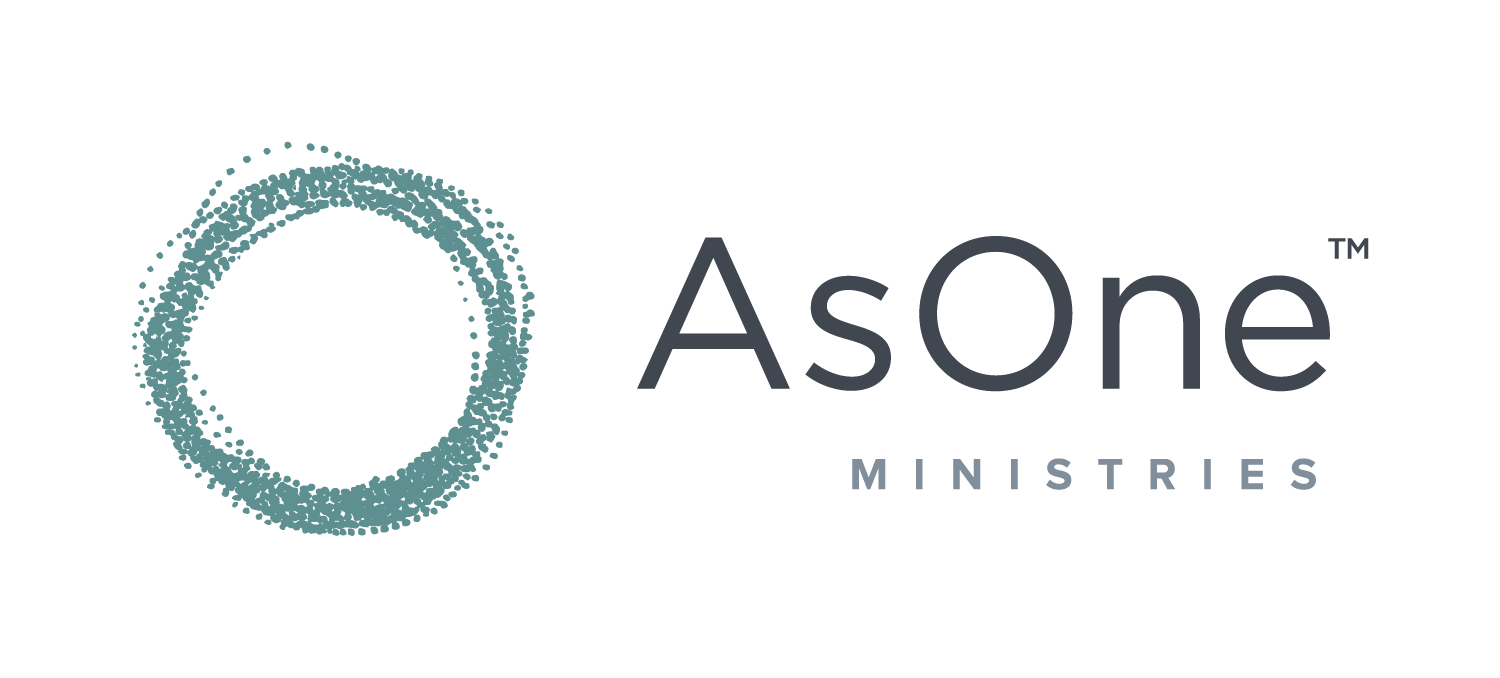AT ASONE MINISTRIES WE BELIEVE
Complex problems require comprehensive solutions.
Poverty is not just a lack of money; it is not having the capability to realize one’s full potential as an image-bearer of God.
Poverty alleviation efforts must shift from enabling dependency through charity and aid, to empowering local people to lead and drive change in their own community’s development.
In rural Uganda, poverty is getting worse.
Poverty across rural Uganda is still significantly higher than in urban areas. 65% of rural Ugandans, 24M people, live in extreme multidimensional poverty, with little to no access to affordable and adequate schools and hospitals.
Amidst these challenges Uganda’s young population is projected to double in the next 25 years.
Uganda remains one of the poorest nations in the world, with a GDP per capita of just $1,014. The country faces severe challenges, including high unemployment, low school completion, and high maternal mortality.
Moving Away From Short-Term Aid
Many well-intentioned organizations tackle poverty through one-way crisis relief models, relying on charity methods like handouts, giveaways, and feeding programs. While these provide direct aid, they fail to address the broader, systemic challenges many in Uganda face. Instead of solving the root causes, such efforts often create a cycle of dependency that undermines people’s dignity.
Most community development efforts in Uganda unintentionally foster dependence on external aid.
We are committed to breaking that cycle.



